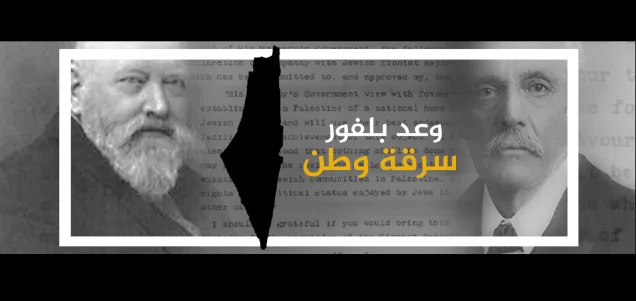
Balfour Declaration
(From who doesn’t own, to who doesn’t deserve)
The Balfour Declaration was a public statement issued by the British government during World War I, declaring support for the establishment of a “national home for the Jewish people” in Palestine, which was an Ottoman territory with a Jewish minority (about 3-5% of the total population).
The Balfour declaration text:
“His Majesty's Government view with favor the establishment in Palestine of a national home for the Jewish people, and will use their best endeavors to facilitate the achievement of this object, it being clearly understood that nothing shall be done which may prejudice the civil and religious rights of existing non-Jewish communities in Palestine or the rights and political status enjoyed by Jews in any other country.”

On November 2, 1917, the fateful Balfour Declaration was issued, according to which Britain granted the Jews the right to establish a national homeland for themselves in Palestine, based on the false saying “a land without a people for a people without a land.”
This promise represented the West's first actual step towards establishing a Jewish entity on the land of Palestine in response to the desires of global Zionism at the expense of an authentic people rooted in this land for thousands of years.
The Balfour Declaration came in the form of a statement addressed by the British Foreign minister at the time (Arthur James Balfour) in the government of David Lloyd George on November 2, 1917, to Lord Rothschild (one of the leaders of the international Zionist movement), after negotiations that lasted three years that took place between the government and Britain on the one hand, British Jews and the World Zionist Organization on the other hand; Through it, the Zionists were able to convince Britain of their ability to achieve Britain’s goals and preserve its interests in the region.
Foreign Office
November 2nd, 1917
Dear Lord Rothschild,
I have much pleasure in conveying to you. on behalf of His Majesty's Government, the following declaration of sympathy with Jewish Zionist aspirations which has been submitted to, and approved by, the Cabinet
His Majesty's Government view with favor the establishment in Palestine of a national home for the Jewish people, and will use their best endeavors to facilitate the achievement of this object, it being clearly understood that nothing shall be done which may prejudice the civil and religious rights of existing non-Jewish communities in Palestine or the rights and political status enjoyed by Jews in any other country.
I should be grateful if you would bring this declaration to the knowledge of the Zionist Federation.
Yours, Arthur James Balfour.
This letter was not a breakthrough or a spur-of-the-moment idea that Balfour wrote, signed, and sent as a diplomatic promise. Rather, it was the result of years of meetings between the Zionist Organization, influential Jewish businessmen in the British state, and representatives of the French and British governments.
Thus, the plan was made to formulate what was known as the “Balfour Declaration,” and the British government signed it. Its primary goal was to attract the Jews of Germany to join the Jews of Britain to help the British.
In 1918, the British government decided to send a delegation to Palestine that included Chaim Weizmann, commander of the British forces in Palestine, in order to study the extent of the possibility of implementing the Balfour Declaration.
In the same year, the British government presented the text of the Balfour Declaration to former US President Woodrow Wilson, and he approved its content before publishing it, and France and Italy officially approved it.
It is worth noting that Weizmann was president of the World Zionist Organization from 1920 until 1946, and was elected the first president of the State of Israel in 1949. He is also considered the most famous Zionist figure after Herzl.
Judaization and the Nakba (The catastrophe):
When the Balfour Declaration was issued, there were only 50,000 Jews in Palestine out of 12 million Jews around the world, according to the Palestinian Wafa Agency.
In April 1920, delegates from France and Britain met in San Remo, Italy, in what was known as the “San Remo Conference,” during which the two parties agreed to “grant” Palestine to Britain, where in the same year the first British governor of Palestine was appointed.
During it, the British facilitated Jewish immigration from all countries of the world and also turned a blind eye to arming and training Zionist gangs such as the Haganah and Stern, despite their aggressive actions against the English themselves.
This period also witnessed revolts by Palestinians, such as the Buraq Revolt in 1929, and the Great Revolt in 1936.
After the end of the British Mandate and the departure of British forces from Palestine in 1948, “the establishment of the occupying state was declared.” Massacres were committed against the Palestinians and they were forcibly displaced from their lands, forming the “Nakba of 1948.”
The Balfour Declaration and international law:
It conflicts with one of the most important principles of international law, which is the principle of the right to self-determination, which the Allies have long called for, claimed to be biased towards, and sought to apply everywhere; But the promise issued by the British Foreign Minister (one of the pillars of the Allied coalition in the World War) denied the rights of the Palestinian people, which was inflicted upon them as a historical injustice whose repercussions we are still living to this day.
Britain today:
Today, Britain still refuses to apologize for the Balfour Declaration, and has officially recognized Israel since May 13, 1949.
“Successive Palestinian generations will not forgive those who committed this ongoing crime that was the basis for the displacement of the Palestinian people from their homeland and their suffering in refugee camps and diaspora, and will remain committed to their inalienable rights to freedom, independence and return.”

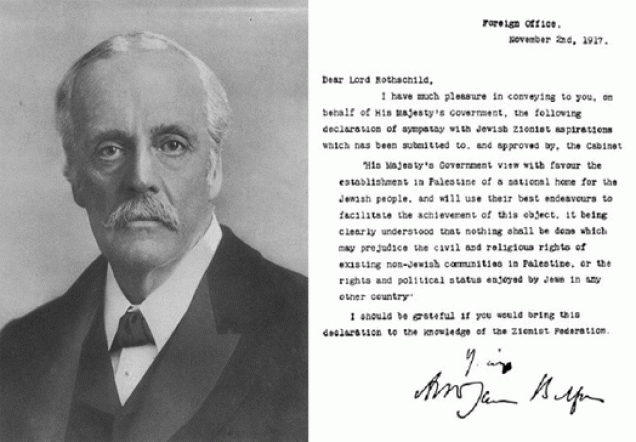
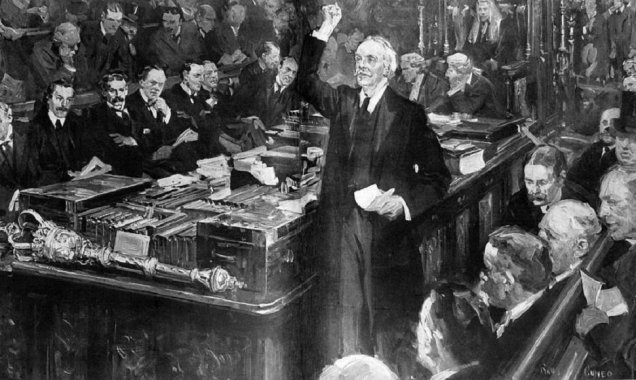
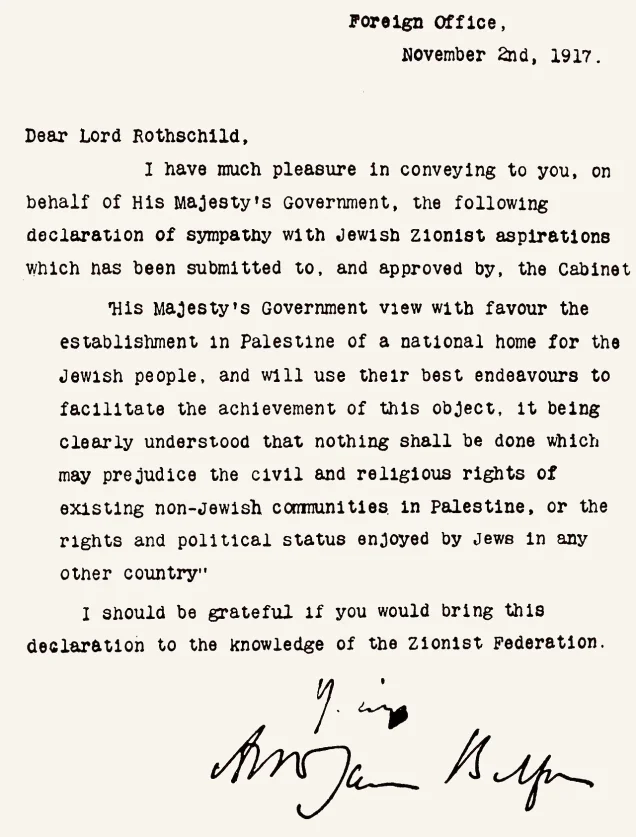
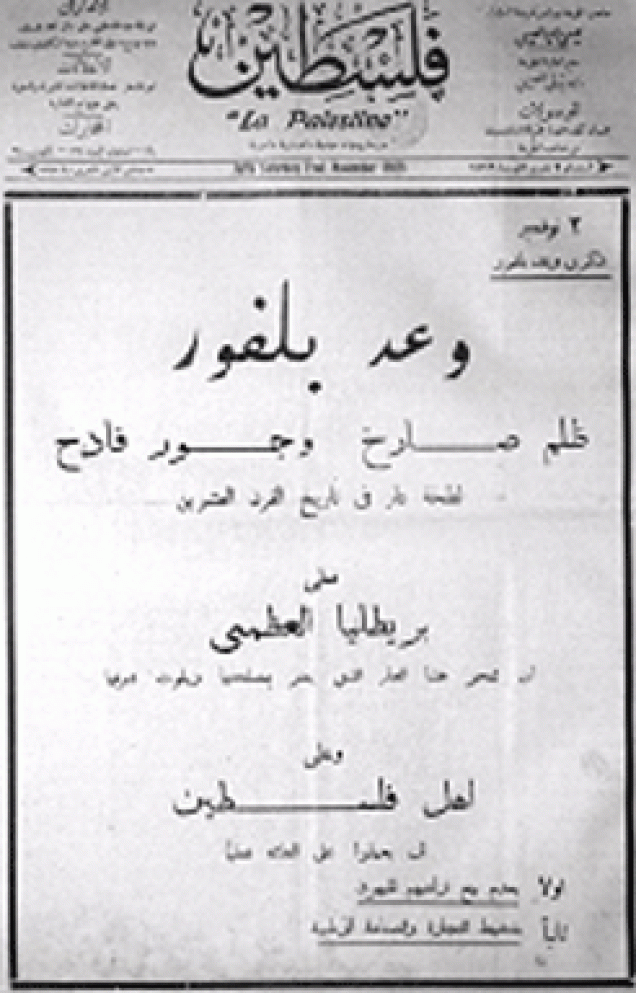
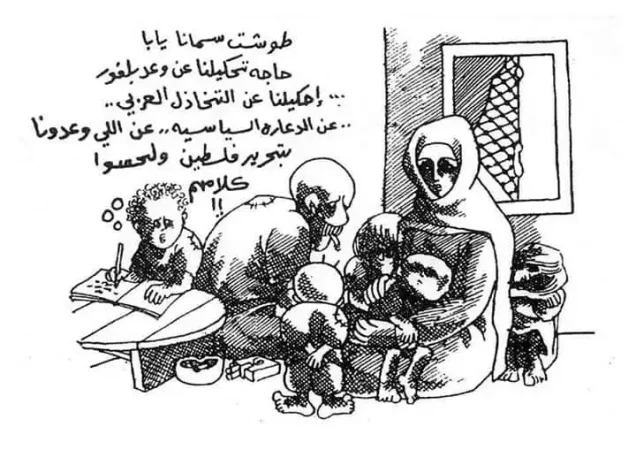
التعليقات - 7